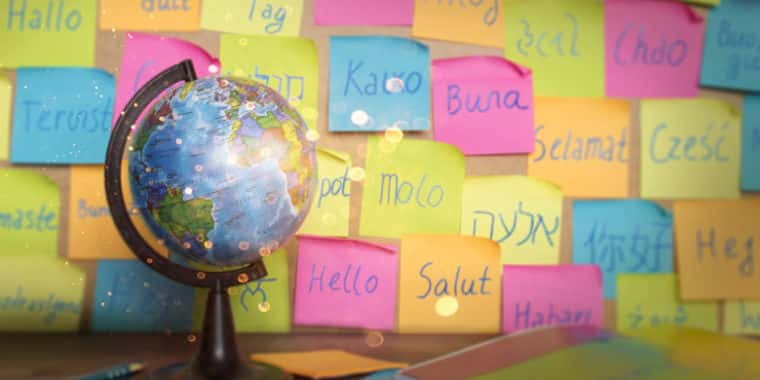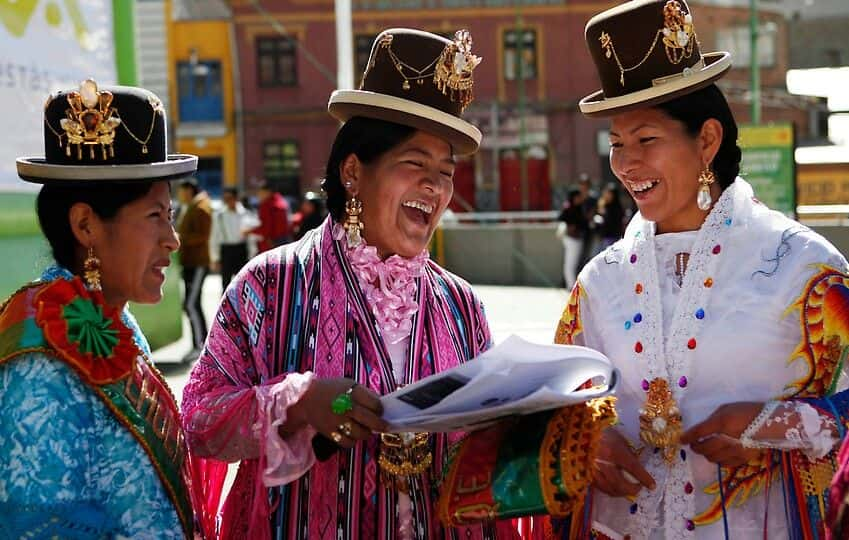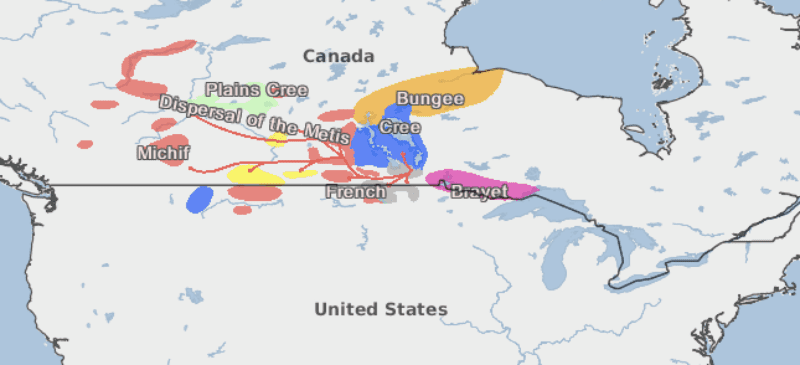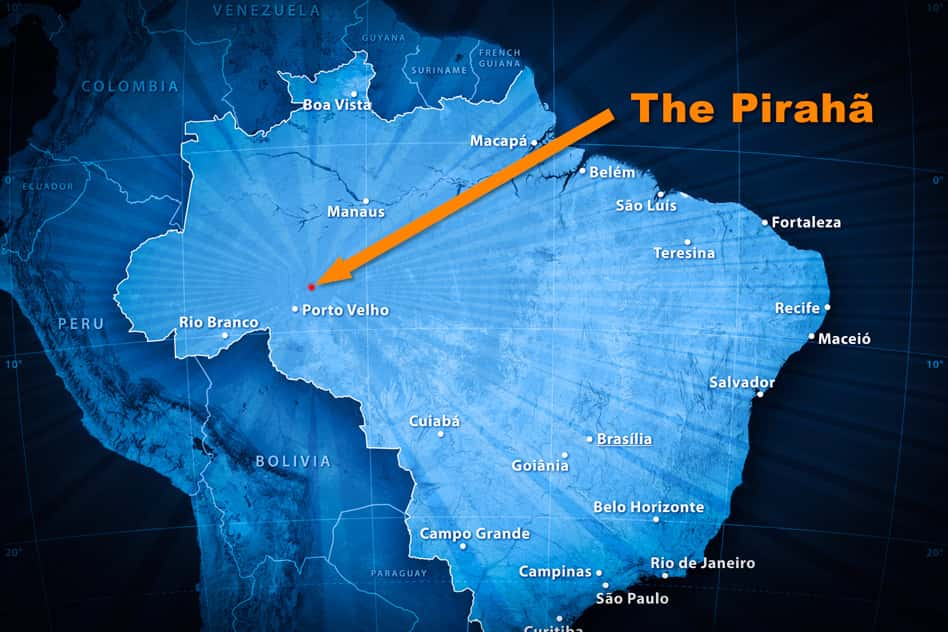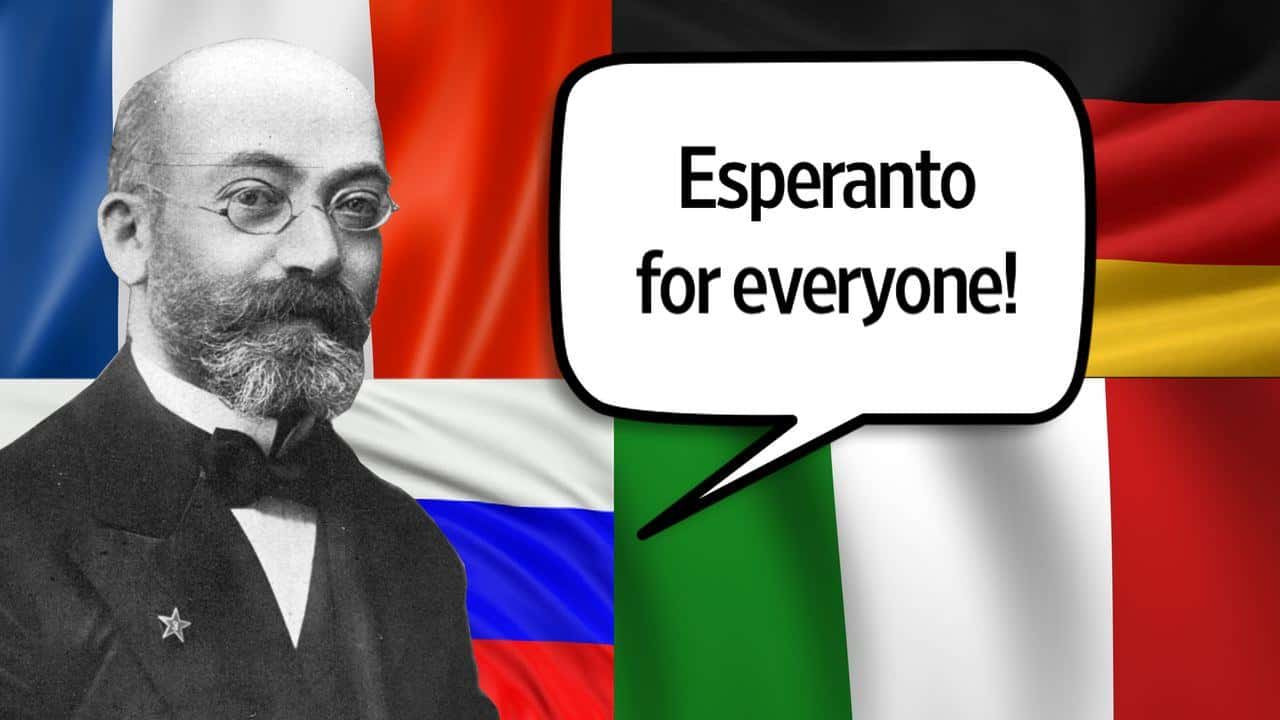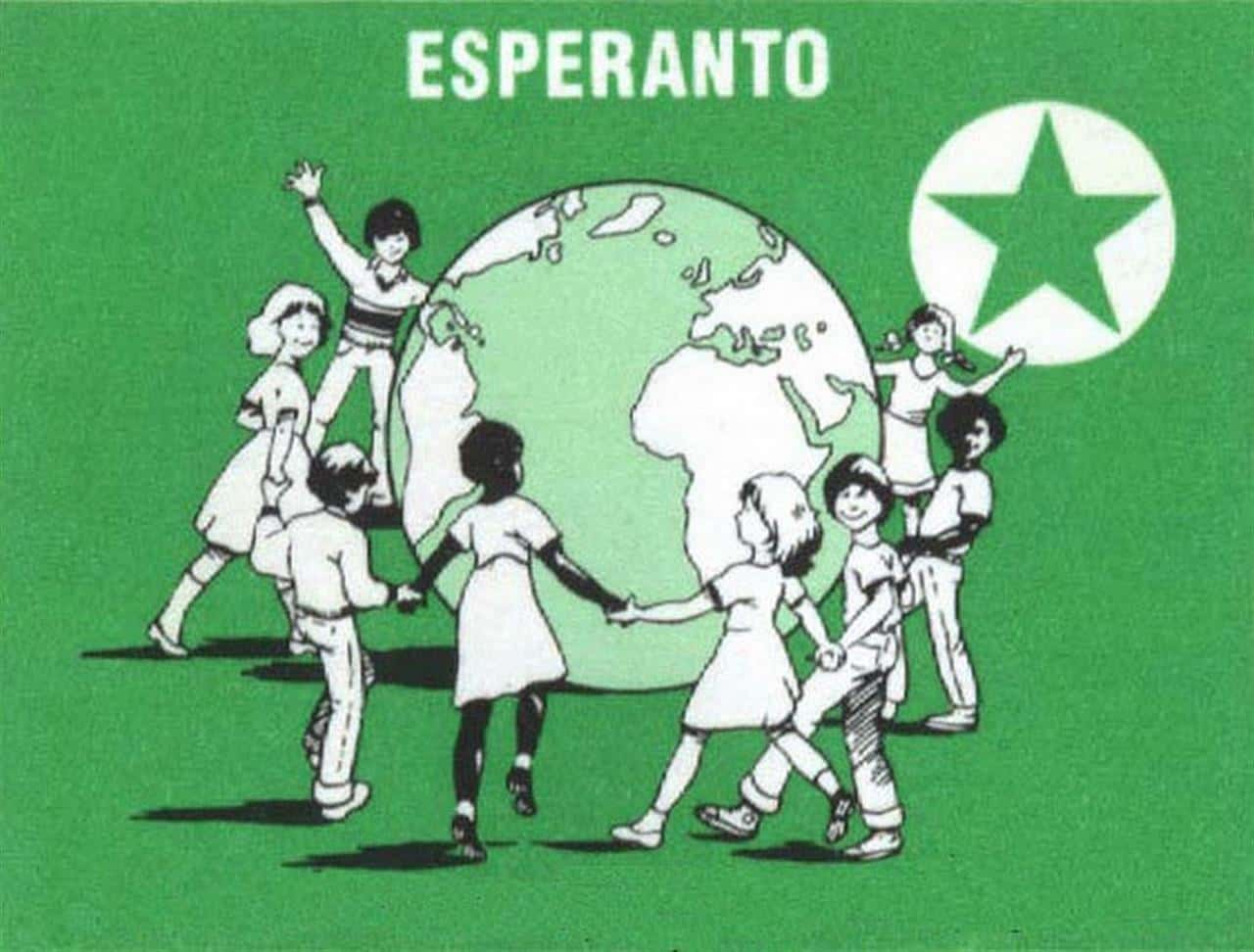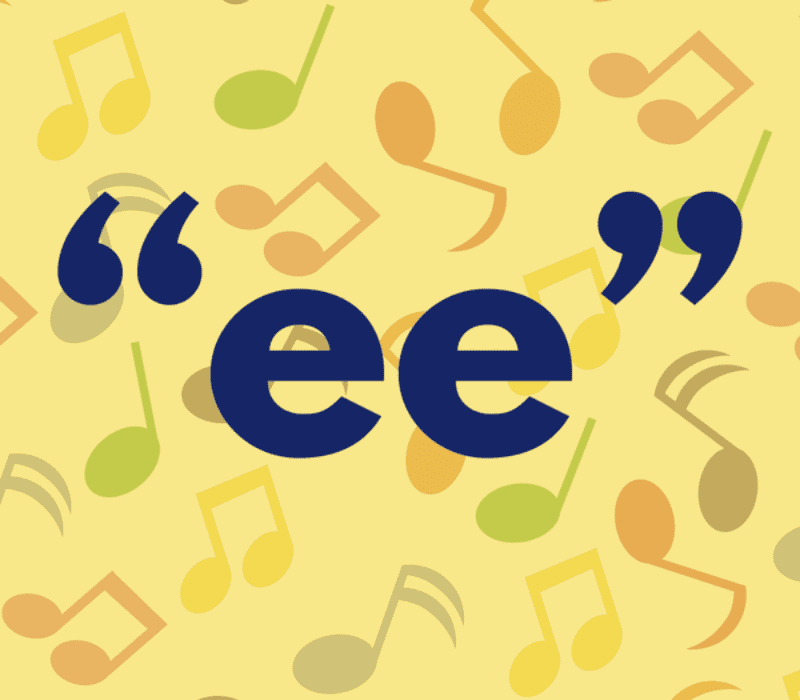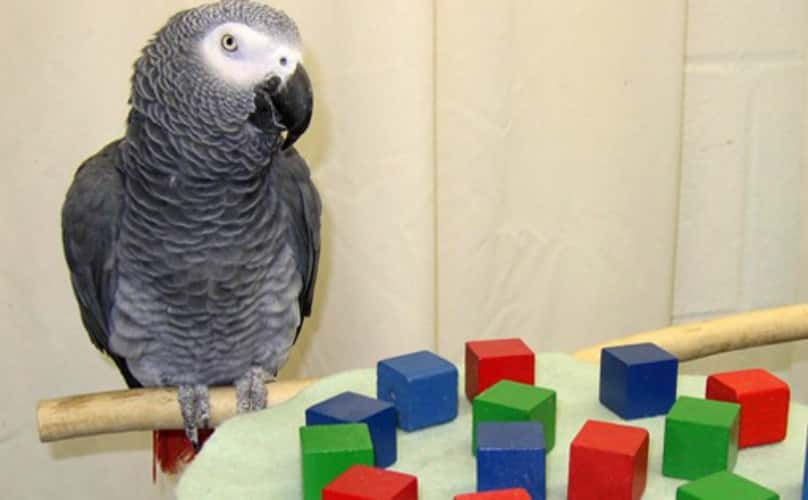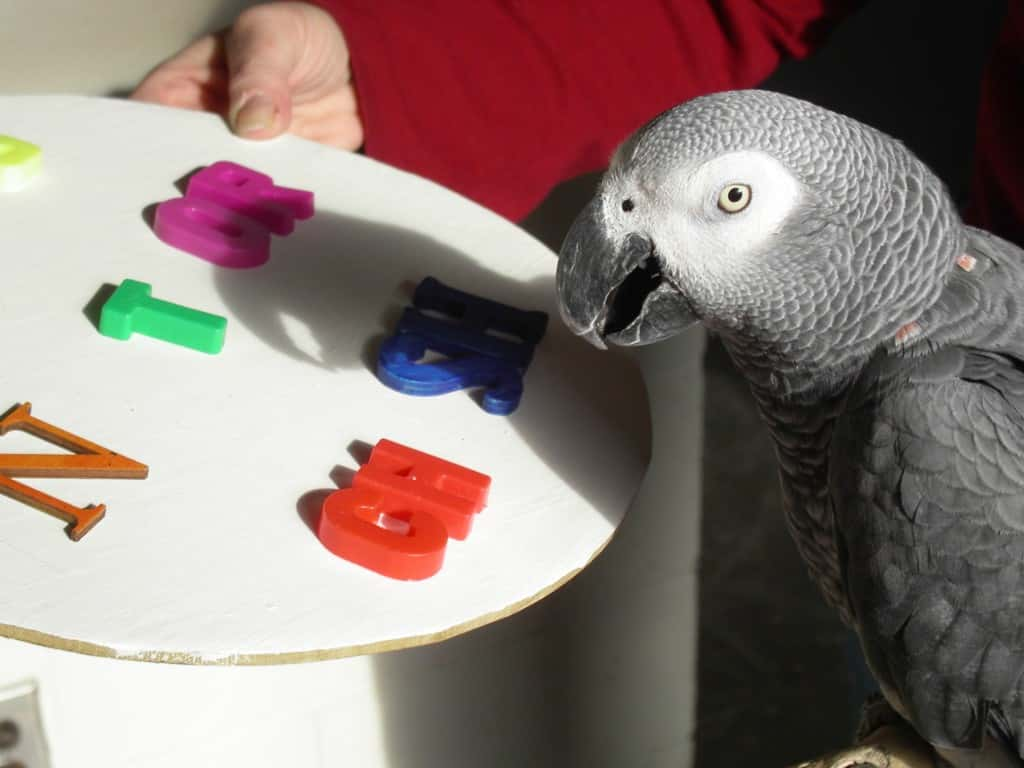"You slip into a suit for an interview and you dress your language up too. You can wear what you like linguistically or sartorially when you’re at home or with friends, but most people accept the need to smarten up under some circumstances—it’s only considerate. But that is an issue of fitness, of suitability, it has nothing to do with correctness. There is no right language or wrong language any more than are right or wrong clothes."—Stephen Fry
Language may be humanity’s greatest invention. Around the world, diverse people have created a staggering array of signs, symbols, and systems to help define and describe the world around them. The languages they’ve invented reflect their understanding of the world, and, somewhat paradoxically, such understandings are then shaped by language. Today, with the rise of global super-languages like English and French, we are in danger of losing the beauty, wisdom, and poetry conveyed by some of the world’s more obscure languages, and while linguists and polyglots are working to preserve the world’s endangered tongues, it may already be too late for many. Before they disappear, here are 42 loquacious facts about language.
Language Facts
42. Talking Animals
Humans are not the only animals that can communicate verbally or through sign-language. Parrots, apes, and even seals have been taught to communicate in some fashion. However, these attempts on behalf of our furry and feathery friends are not usually considered “language” because they often fail to meet one of four key criteria. Those criteria are grammar (does the statement follow grammatical rules?), syntax (does the statement use the right words?) recursion (can the statement be added to or elaborated?), and displacement (can the animal refer to things it cannot see?).
41. Quite the Vocabulary
By one estimate, there are more than a million words in the English language. That includes a quarter-million obsolete words, as well as a huge number of loanwords from other languages. Inevitably, this has created some redundancies: English has more synonyms than any other language in the world.
40. The Town of a Thousand Tongues
The most linguistically diverse city in the world is New York City, where more than 800 languages or dialects are spoken. Of the five boroughs, Queens features the greatest variety of languages.
39. No So Sim-ple
Simlish, the language spoken by the characters in the popular Sims video game series, was made up as pure gibberish. However, dedicated fans began forming a consistent sense out of the sounds to the point where it is a communicable language. Artists like Paramore, The Flaming Lips, and The Black Eyed Peas have even recorded songs in Simlish, proving once and for all that no one even cares about the lyrics anymore.
38. The Tip of My Tongue
It usually takes about 0.6 seconds to think of a word. However, you’re more likely to get stuck trying to think of a word if you speak a second language, for the simple reason that you have more information to sift through. Makes sense!
37. Split-Second Decision
That said, bilingualism can be very helpful in decision making. Researchers at the University of Chicago have found that people tend to behave more rationally when forced to think in their second language. They suspect the very act of thinking in a second language encourages more dispassionate, systematic thinking, putting one in the right frame of mind to make tough decisions.
36. Fool Cact!
Have you ever accidentally mixed up the first letters of two words—said “toffee cable” when you meant to say “coffee table,” for example? This is called a Spoonerism, after Oxford don Rev. William Spooner, who had the unfortunate tendency of saying things like “The Lord is a shoving leopard.” Inventing “Spoonerisms” became a popular party game for his Oxford students.
35. The Whole Set
Spoonerisms cross the first two sounds of different words. From there, we get to “Forkerisms,” swapping the final consonants of two words, and “Kniferisms,” switching the key vowel sounds in two words. Prutty fenny, right?
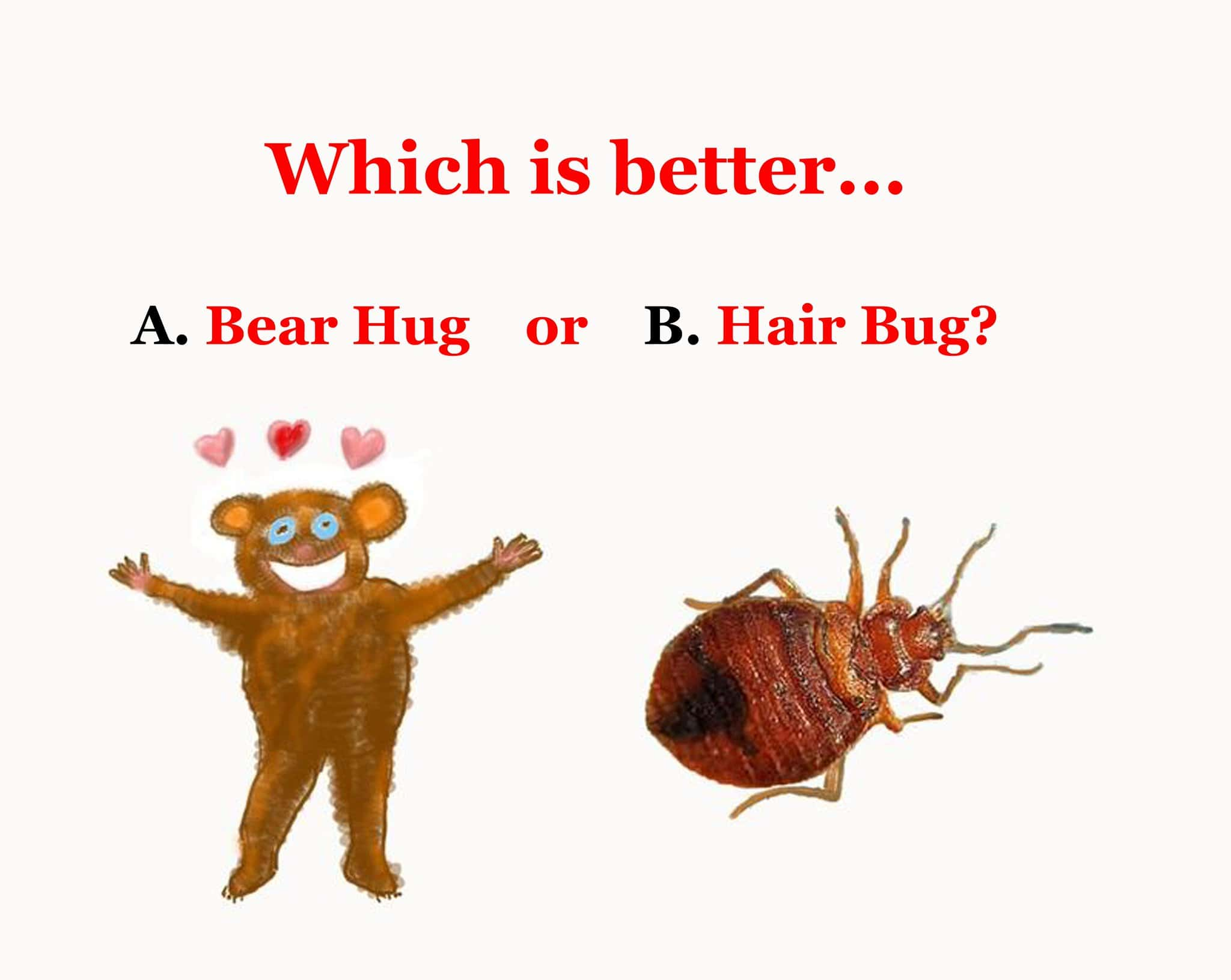 Twitter
Twitter
34. The Perfect Word
Some languages, like many indigenous languages found in Siberia and western Alaska, are what's called "polysynthetic," which means that instead of using sentences composed of individually conjugated words, sounds are linked to create super long, hyperspecific words. For instance, the Yupik word “tuntussuqatarniksaitengqiggtuq” means “he had not yet said, again, that he was going to hunt reindeer.” I imagine if anyone ever tried to make a Yupik dictionary, it would be long.
33. Reunited
Ayapaneco is a critically endangered language from the Tabasco region of Mexico which, by 2011, had only two fluent speakers left in the world. The problem was, the two of them had a falling out and refused to speak to one another! Thankfully, we can now report that the two men have since made up, and are now helping efforts to preserve the language from extinction.
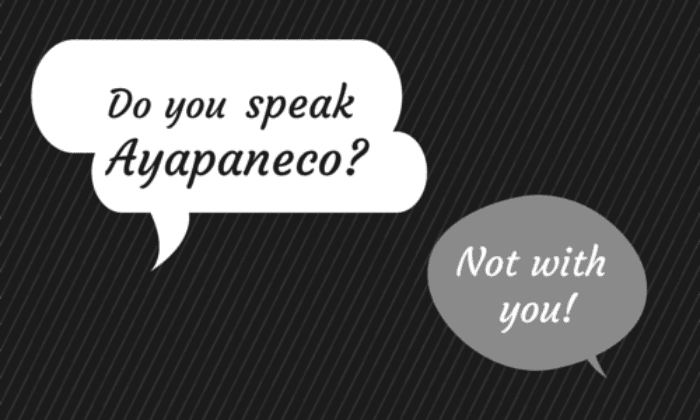 Salon urody
Salon urody
32. A Wales of a Fact
The famously long and low-on-vowels Welsh language is spoken by about half a million people. Most of them are in Wales, of course, but about 25,000 of them live in Patagonia, on the southern tip of Argentina. Welsh settlers arrived in the 19th century and rather than adopting Spanish or one of the native languages, just kept on speaking Welsh. Today, Patagonian Welsh is considered a unique, but mutually-intelligible, dialect of the main language.
31. In the News
In the late 1940s, Patagonian Welsh was among the languages in which the BBC World News Service would broadcast their programs.
30. Sounds the Same
The extinct Australian language Mbabaram had a familiar word for “dog.” That word was “dog.” It wasn’t borrowed from English, or developed from a similar root, it was just a straight-up coincidence. Linguists call this a “false cognate,” a situation where words from two different languages are similar enough to appear related, but aren’t.
29. Tomorrow’s Back There
In English, and almost every other language, we conceive of the future as ahead of us and the past behind. We might talk about a big trip “coming up,” or a friend we knew “way back when.” This isn’t the case with Aymara, one of the official languages of Bolivia, which is spoken by 3.5 million people. Instead, the past is ahead of them, and the future behind; they will even gesture behind them when speaking of a future event. An Aymara speaker would argue this makes more sense because just as you can’t see something behind you, none of us can see the future.
28. The Impossible Language
Michif, the language of the Métis people of Canada, is a combination of Cree and French. Spoken by fewer than 1,000 people, Michif continues to perplex linguists to this day: while the basic premise, Cree nouns and French verbs, sounds simple enough, the actual practice of combining these elements is so complex, linguists have dubbed Michif an “impossible language.”
27. Tag Team
For instance, in Michif, Cree-derived words place Cree values on vowel sounds. Rather than extend this to the French-derived words, Michif maintains the French vowel values on French-derived words, employing two completely distinct vowel systems in a single sentence. I know I'm confused, at least.
26. The Split
Korean is a language isolate, which means it's not related to any language in the world and developed independently. Though North Korea and South Korea ostensibly speak the same language, a lack of communication between the two has resulted in such a divergence of dialects that today 46% of North Koreans have difficulty understanding South Koreans. 1% cannot understand South Korean at all.
25. War of the Words
During the Korean War which led to the separation of North and South Korea, North Korea was supported by the Soviet Union, while South Korea was supported by the United States. This has contributed to the divergence of North and South Korean dialects. While South Korea has incorporated many English loanwords, North Korea has not. Instead, much of North Korea’s borrowed vocabulary comes from Russian.
 YouTube
YouTube
24. Information Overload
Not many people speak Archi, only about 950 people living in Russia. But while their numbers may be small, the Archi capacity for language is huge. Their alphabet features 82 consonants, their nouns can have four genders, but most impressive are their verbs: a single verb can take over 1.5 million forms.
 23. Cite Your Sources
23. Cite Your Sources
The Tuyuca language of Colombia is similar to Archi in that its nouns have many genders (a whopping 180, compared to Archi’s four, and English’s zero). And like Yupik, it's a polysynthetic language, making long, specific words where most languages make sentences. Tuyuca is unique, however, in that each word-sentence demands a suffix which explains how the speaker knows this information. For instance, the suffix “-wi” means that the speaker saw something, while “-hiyi” indicates the speaker is making an assumption. In today’s world of anonymous online arguments and “fake news,” this Tuyuca tactic sounds like a good idea.
22. The World’s Simplest Language
Pirahã, spoken by an isolated Amazonian tribe, exists in sharp contrast to Archi. Because of its tiny alphabet, lack of a past tense, and lack of distinction between gender, size, and color, linguists consider it the simplest language in the world, but also one of the most complex to study.
21. Gender Pay Letter Gap
The Pirahã alphabet features just nine or ten letters, depending on your gender. Women’s speech in Pirahã includes one fewer consonant.
20. The Language with Zero Numbers
If you hated math class, Pirahã may be the language for you. Pirahã is an "anumeric" language, which means that it has no words for—and therefore little concept of—numbers. While anumeracy can make quantitative decision making and estimation difficult, it's actually fairly common among Amazonian indigenous languages, including Jamadí and Mundukuru.
19. Keeping Count
On the other hand, the Irish language, Gaeilge, is anything but anumeric. In fact, the Irish have a complex system for numbers they use depending on the situation. The numbers per se follow a distinct set of grammatical rules when counting objects or animals, but a different set of rules entirely for counting people. For example, the number two is “do,” and if I have two oranges, I have “dha oráiste,” but if I have two brothers, I have “beirt deartháireacha.” You know, just to make math more complicated.
18. Just Whistle
The Silbo Gomero language, spoken by 22,000 Canary Islanders, is made entirely of whistles. While most languages depend on vowels and consonants, Silbo Gomero relies on precise shifts in pitch and volume.
17. Down in the Valley
Linguists think Silbo Gomero may have developed due to the mountainous terrain of Gomera Island. Across long, echoing distances, common words can become muddled and hard to understand. Whistling is simply a more reliable method of communication.
16. Building A Better Language
In 1887, a Polish ophthalmologist named LL Zamenhof devised Esperanto, which based itself on common features of several diverse languages, and which Zamenhof hoped would become the unifying, universal language of global communication. While Zamenhof was a polyglot, speaking more than half a dozen languages, he was not a trained linguist. Today, Esperanto is spoken by as many as ten million people around the world. Not bad for a language that a guy just made up one day!
15. Let Me Be Clear
Esperanto was designed to be easily learned and understood. It has 23 consonants and five vowels, each with a single, specific value. Grammar is quite simple, too, with just six inflections marked by universally applied suffixes (for instance, all past-tense verbs always end in “-is”). The ease with which Esperanto can be understood has led some to suggest it as the official language of the EU, and studies have shown it is a particularly useful language for commerce.
14. The Esperanto Renaissance
Esperanto culture has flourished with the language: there have been movies and music made in Esperanto, as well as novels and plays. The Bible, The Qu’ran, and the Book of Mormon have all been translated into Esperanto, and two popes have issued official blessings in the language. Take that, Tolkien!
12. Out-Englished
Worldwide, 1.14 billion people speak English, but the majority of those people, around 750 million, speak it as their second language. That far outweighs the ~360 million native English speakers. In all, 20% of the world speaks English.
11. Flying High
In 2008, English even became the official language of the sky. Pilots, no matter their country of origin, must communicate in English so there is no chance of miscommunication. While all 185 member-countries of the International Civil Aviation Organization ratified the agreement, there were complaints from airports in Paris, Montréal, and Ottawa. What's the common thread there I wonder...
10. The Bronze Medal
While English might be the commonly learned language on earth, it is not the most common native language. Standard Chinese (or Mandarin) and Spanish are both more widely spoken mother tongues, with 960 million and 480 million native speakers, respectively.
8. Under The Spell
The receptiveness of English to words from other languages is part of the reason why English spelling is so unorthodox: because English spelling allows for derivation from other languages and showing the etymological roots of words, letters often don’t have the same letter-to-sound relationship as they do in many other languages. For example, the sentence “He believed Caesar could see people seizing the seas” contains no fewer than seven distinct spellings for the same sound.
7. Verbal Sprawl
Despite its already-massive word-hoard, English continues to grow at a rate of one new word every two hours. Very few of these words, though, are “invented.” Many new words come from other languages, but others have developed from existing words by way of acronym, portmanteau, and other linguistic processes. The Oxford English Dictionary adds about 4,000 new words every year.
41. Alex Asks
Asking a question is a very linguistically—and psychologically—complex process. Of all the animals who can speak, either verbally or through sign language, only one has ever done it: Alex the parrot wanted to know what color he was (he was grey, in case you were wondering too).
40. Polly Want A Banery
Alex proved to be an extremely intelligent parrot, capable of understanding abstract concepts and expressing them in language. In addition to asking questions, he was able to add to his extensive vocabulary by inventing words. When presented with an apple for the first time, he invented a portmanteau, “banery,” based on the bananas and cherries he was already familiar with.
6. Icelandic Isolationists
The small island nation of Iceland aggressively protects its language from linguistic colonization. When some new device is invented, or a new idea spreads around the world, the Icelandic government tasks linguists at the Árnji Magnússon Institute for Icelandic Studies (AMIIS) in Reykjavik with inventing a new Icelandic word, or finding an analogue deep in the annals of Icelandic lore.
5. Whatchamacallits
While some words are too alien to the Icelandic culture and environment to be given a true Icelandic counterpart—“banani” means banana, for example—the linguists at AMIIS have found some elegant work-arounds for new technology. When the first computers arrived in Iceland in 1964, Sigður Nordal, an expert on ancient Icelandic sagas, successfully proposed the word “tölva,” a portmanteau of “numbers” and “priestess.”
4. Downsizing
The people of Iceland may be right to be so defensive. Currently, there are 6,500 distinct languages spoken around the world. By 2100, that number will be cut in half. In fact, languages are dying off at a rate of one every two weeks.
3. The Last Eyak
In 2008, Marie Smith Jones passed away. Smith Jones was Eyak, an Indigenous person of Alaska, and the last speaker of the Eyak language. Her death signalled the extinction of her native tongue, likely marking the death of an entire culture...
2. The Stranger
...Or it should have. In 2010, a French college student named Guillaume Leduey came forward. At twelve years old, he heard the story of Marie Smith Jones and began teaching himself Eyak using resources ordered from the Alaska Native Language Center. Though he had never met Smith Jones, or even traveled to Alaska, Leduey successfully demonstrated that he was fluent in Eyak.
1. From the Brink of Extinction
Smith Jones' name, in Eyak, was udAch’ k’uqAXA’a’ch, which means “a sound that calls people from afar.” It’s a fitting name for the last native Eyak speaker, whose story inspired a young boy half a world away. Today, Leduey teaches courses on the Eyak language, providing hope to speakers of other endangered languages that their words can survive after they’ve passed on.
Sources: 1, 2, 3, 4, 5, 6, 7, 8, 9, 10, 11, 12, 13, 14, 15, 16, 17, 18, 19, 20, 21, 22, 23, 24, 25, 26, 27, 28, 29, 30, 31, 32










